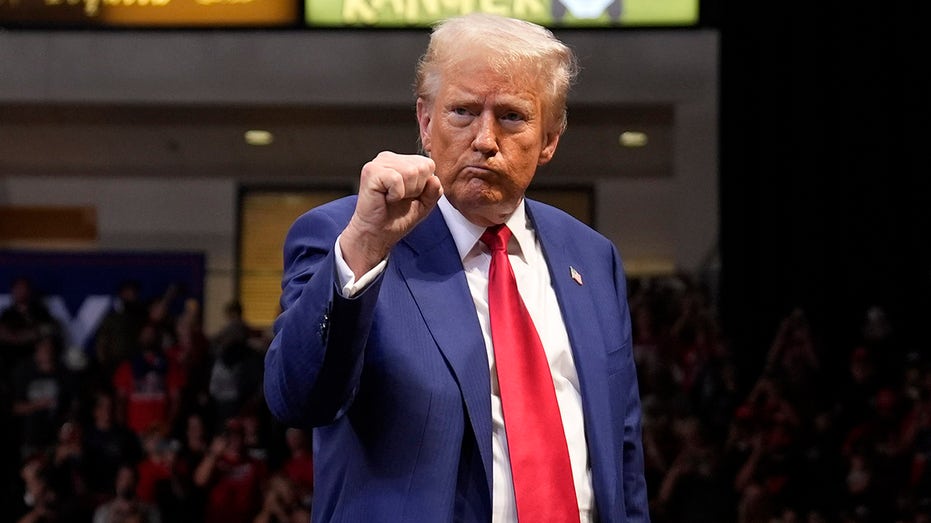Trump Travel Ban Blocking Citizens from 12 Countries Takes Effect Amid Debates
President Trump’s new travel ban tightens entry for citizens from 12 nations and imposes stricter measures on seven more starting Monday.

President Donald Trump's newly announced travel ban targeting citizens from 12 nations across Africa, the Middle East, and South America officially took effect on Monday, marking a significant escalation in U.S. border and national security policy. The ban, which was signed into law last week, directly impacts nationals from Afghanistan, Burma, Chad, the Republic of Congo, Equatorial Guinea, Eritrea, Haiti, Iran, Libya, Somalia, Sudan, and Yemen, barring their entry into the United States.
In addition to the full ban for these countries, the executive order includes increased restrictions on travelers from Burundi, Cuba, Laos, Sierra Leone, Togo, Turkmenistan, and Venezuela. Citizens of these countries who do not already possess valid visas will now face new barriers to travel, effectively halting most new visa issuances for the affected populations outside the U.S.
The order, however, does not retroactively invalidate visas that were already granted to individuals from these countries. Officials confirmed that visa holders can continue to travel to and from the United States freely, underscoring the administration’s intention to focus on future applicants as opposed to revoking existing travel permission.
The move follows a recent attack in Boulder, Colorado, which authorities allege was perpetrated by an Egyptian national who had overstayed his visa. According to the president’s statement on social media, this incident served as the immediate catalyst behind the latest travel restrictions. Trump characterized the new measures as necessary to protect Americans from potential terrorist threats, stating, “We will restore the travel ban...and keep the radical Islamic terrorists out of our country.”
Echoing the administration’s position, the State Department emphasized the decision as a matter of national security. Principal Deputy Spokesperson Tommy Pigott commented that the need for strict vetting is paramount, declaring, “This is a national security imperative.” He added, “We cannot have open migration from any country where we cannot safely and reliably vet and screen those who seek to enter the United States.”
President Trump also reaffirmed his administration’s goals during the order’s signing, naming countries such as Yemen, Somalia, Haiti, and Libya among others as focal points. He concluded, “We will not allow people to enter our country who wish to do us harm, and nothing will stop us from keeping America safe.”
The announcement has sparked intense debate among lawmakers, advocacy groups, and affected communities, with ongoing discussions about the policy’s effectiveness, its humanitarian implications, and its impact on U.S. relations abroad. For now, the travel ban remains in force, dramatically reshaping the landscape for international travelers seeking entry to the United States from the listed countries.




